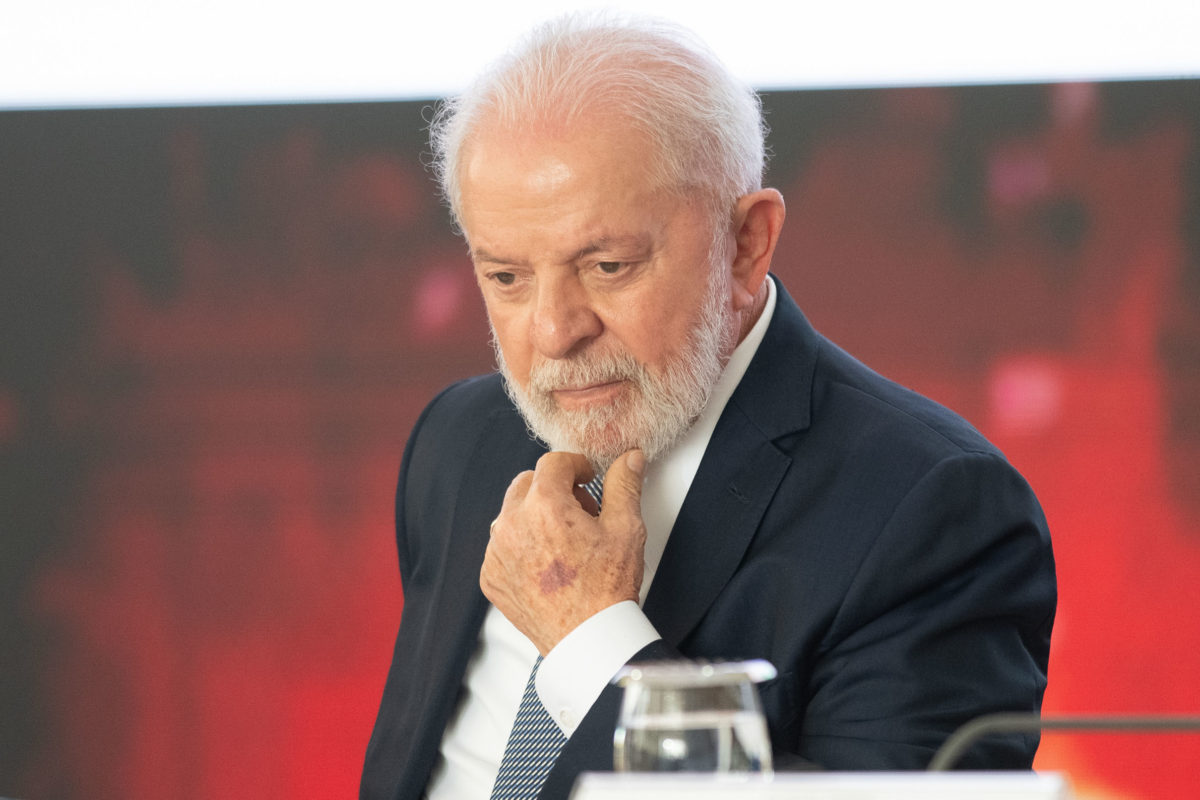Although MPs who lead the CPI’s work on cryptocurrencies have suggested being able to request coercive behavior from people summoned to testify and who have not appeared in the Chamber of Deputies, it cannot perform this action, as several sources consulted by Cointelegraph point out.
MEPs expressed their indignation at people, mainly public figures, called to testify at the CPI for their alleged relations with companies accused of apply scams with crypto-assets as in the case of Atlas Quantum and 18k.
Among the personalities, Ronaldinho Gaúcho, Tatá Werneck and Cauã Reinald were absences that led MPs to consider coercive conduct.
At the CPI meeting on Tuesday 22, Federal Deputy Aureo Ribeiro (SD-RJ), Frustrated by the absence of Ronaldinho and his brother Roberto de Assis, he told the hearing that he would seek coercive conduct from both.
“If you do not show up, I will act under the terms of section 3 of law 1.579 in order to make any coercive conduct possible,” the deputy said.
However, the article quoted by the deputy does not authorize the CPI to follow up on the request. The article establishes that the accused and witnesses will be summoned to appear in accordance with the provisions established by criminal law and also emphasizes that their summons will be requested from the criminal judge of the place where they reside or are.
Therefore, the CPI should, in theory, have their request approved by a judge and do not have the authority, without judicial authorization, to act on any request for coercive behavior. The request for coercive conduct directly by the CPI, without judicial authorization is widely known to Members of Parliament.
So much so that in 2007, then MP Rodovalho (DEM-DF) tabled the PL 2266/2007 which was specifically aimed at empowering ICCs to act on people’s requests for coercive conduct. The PL was even endorsed by the Constitution, Justice and Citizenship Committee in the House, but it was rejected in the Senate.
Unconstitutional
However, even a judge or judicial authority does not have the authority to approve coercive conduct, as it has already been ruled unconstitutional by the Federal Court. By 6 votes against 5, the STF, declared in 2018 that coercive behavior was unconstitutional and therefore cannot be authorized by any member of the judiciary.
In the decision, which took place in plenary of the Federal Court, the institution declared that the coercive behavior of a defendant or an accused for interrogation, contained in article 260 of the Code of Criminal Procedure (CPP), was not approved by the 1988 Constitution.
The use of this measure, according to the majority opinion, represents a restriction on freedom of movement and violates the presumption of not guilty and is therefore incompatible with the Federal Constitution.
By decision of the Plenary Assembly, the agent or authority who disobeys the decision may be held liable in disciplinary, civil and criminal matters. Evidence obtained through illegal interrogations may also be considered illegal.
“It is unconstitutional to forcibly take people away for questioning. Moreover, Minister Gilmar Mendes has declared that coercive behavior has become a tool for the execration of those investigated and for the spectacularization of police operations”, declared Rogério Tadeu Romado, Regional Public Prosecutor.
LEARN MORE:

“Internet fanatic. Evil organizer. Tv fanatic. Explorer. Hipster-friendly social media junkie. Certified food expert.”







